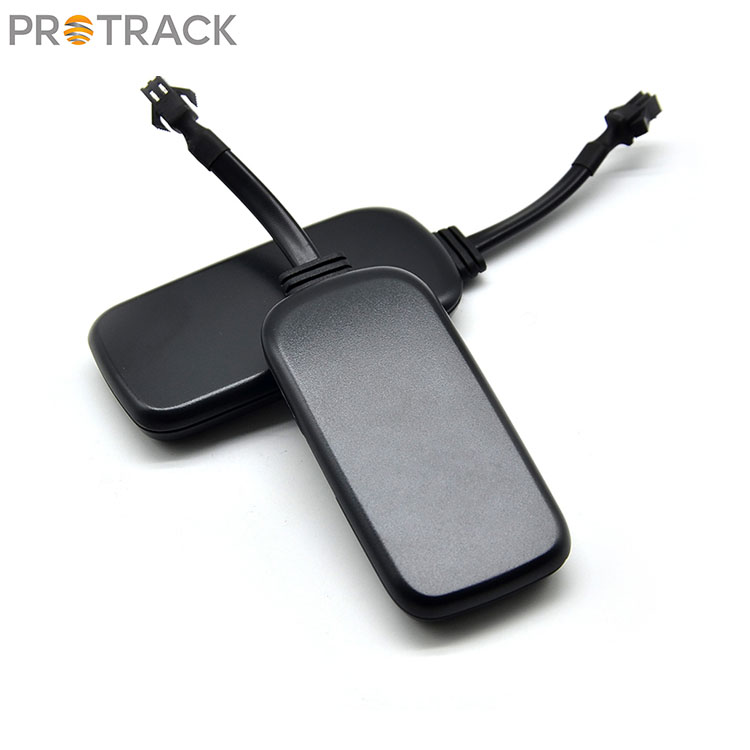Features and aspects associated with GPS trackers with SIM cards
2024-02-21
A GPS tracker with a SIM card is a device that uses Global Positioning System (GPS) technology to determine its precise location and incorporates a Subscriber Identity Module (SIM) card for communication purposes. The inclusion of a SIM card enables the GPS tracker to transmit location data over cellular networks to a central server or a user's mobile device. Here are key features and aspects associated with GPS trackers with SIM cards:
1. GPS Technology:
- Location Tracking: GPS trackers utilize satellite signals to determine the device's exact location, providing accurate geographical coordinates.
2. SIM Card for Communication:
- Cellular Networks: The SIM card facilitates communication with cellular networks (such as 4G or 5G), allowing the GPS tracker to transmit location data in real-time.
3. Real-Time Tracking:
- Live Monitoring: Users can monitor the real-time location of the tracker through a web-based platform, a mobile application, or by sending commands to the device via text messages.
4. Two-Way Communication:
- Voice or Text Communication: Some GPS trackers with SIM cards support two-way communication, allowing users to communicate with the person or object carrying the tracker through voice calls or text messages.
5. Geo-Fencing:
- Virtual Boundaries: Many trackers support geo-fencing features, enabling users to define virtual boundaries. If the device enters or exits these predefined areas, the system can send alerts.
6. Mobile Applications:
- User-Friendly Apps: Dedicated mobile applications provide an easy interface for users to track locations, set up alerts, and manage settings from their smartphones.
7. SOS or Panic Button:
- Emergency Alert: Some GPS trackers include an SOS or panic button, allowing users to send immediate distress signals or notifications to predefined contacts during emergencies.
8. History and Reports:
- Journey History: GPS trackers with SIM cards often store historical data, allowing users to review past routes and locations. This information is valuable for analyzing travel patterns and generating reports.
9. Battery Life:
- Rechargeable Batteries: The device typically comes with rechargeable batteries. Battery life is an essential consideration, and some trackers are designed to optimize power consumption for extended use.
10. Water Resistance:
- Durable Design: Depending on the intended use, some GPS trackers may be designed to be water-resistant or waterproof, ensuring functionality in various environmental conditions.
11. Integration with Wearables:
- Compatibility with Smartwatches: Some GPS trackers can be integrated with smartwatches or other wearables, offering additional convenience for users.
12. Subscription Plans:
- Service Fees: Many GPS trackers with SIM cards operate on a subscription-based model, where users pay for ongoing access to the tracking platform and services.
13. Alerts and Notifications:
- Customizable Alerts: Users can receive alerts and notifications for various events, including geo-fence breaches, low battery levels, or emergency situations.
14. Easy Installation:
- Simple Setup: GPS trackers with SIM cards are often designed for easy installation, allowing users to start tracking quickly without extensive technical knowledge.
These GPS trackers with SIM cards are versatile tools used for tracking a variety of assets, including vehicles, people, pets, or valuable items. When choosing a GPS tracker, it's essential to consider factors such as coverage, compatibility, ease of use, and the specific features required for the intended use case.



